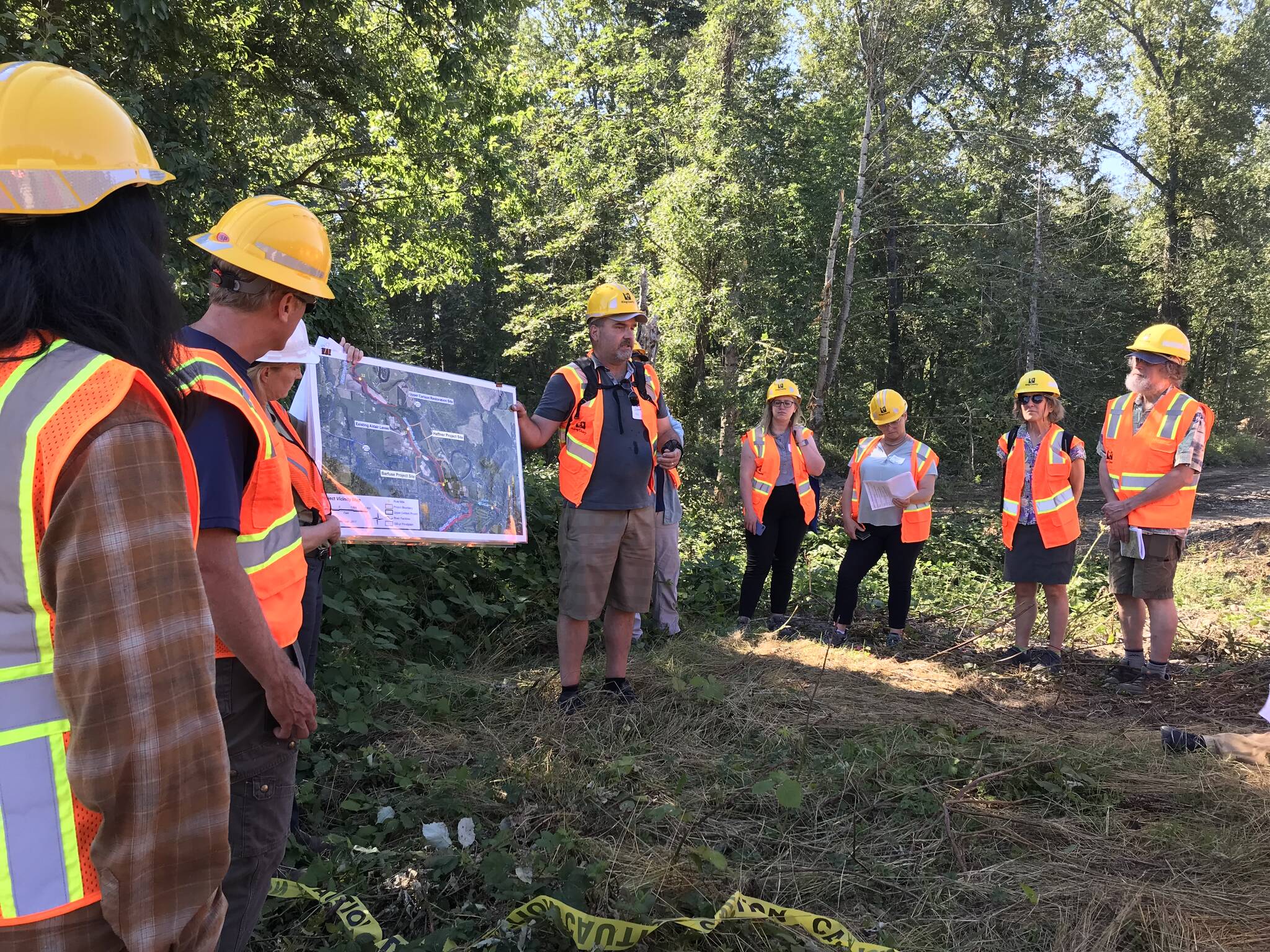The Snoqualmie Watershed Forum is seeking applicants from the Snoqualmie or South Fork Skykomish watershed to join salmon recovery efforts.
Active in the area since 1998, the forum works to support the implementation of the Snohomish River Basin Salmon Recovery Plan while prioritizing public awareness and involvement in watershed and salmon protection efforts.
According to the Washington State Recreation and Conservation Office, wild salmon had disappeared from 40% of their historical breeding grounds in Washington, Idaho, Oregon and California since 1999.
Today, 14 population groups of salmon are listed as threatened or endangered in Washington state due to climate change, overfishing and habitat degradation, according to the office.
Work to protect and recover those salmon populations in Washington is required by the Endangered Species Act.
Receiving $2.2 million annually from the King County Flood Control District, the forum reviews project proposal applications focused on habitat restoration, research and education within the watershed. The forum makes recommendations to the Flood Control District for final project approval and funding distribution.
“It’s a unique partnership between King County, valley cities, tribes and residents that works to prioritize habitat restoration on a watershed scale and come to science-based agreements about where to focus local, state and federal funding for habitat improvements, cleaner water and reduced flood risk,” said Elissa Ostergaard, salmon recovery manager. “This is what our dwindling salmon need in order to maintain their numbers. The orcas in Puget Sound also need the salmon to rebound so they can bounce back.”
The new volunteer position, left open after the expiration of a former member’s term, requires that the applicant live within Snoqualmie or the South Fork Skykomish River Basin and have experience with environmental stewardship, watershed management or habitat restoration.
“The resident member would be involved in reviewing meeting agendas and materials, attending meetings, and attending occasional field trips to habitat project sites,” Ostergaard said. “The estimated time commitment is about 20 to 30 hours per year.”
Looking forward, the forum’s organizers hope to receive a $16.5 million grant from the National Oceanic and Atmospheric Administration to break ground on a habitat project along the Tolt River to improve fish passage and flood protection. Habitat protection near Skykomish on the Lower Middle River is also on the forum’s agenda.
Applications for the resident position are due Feb. 18. More information is available at https://www.govlink.org/watersheds/7/.


